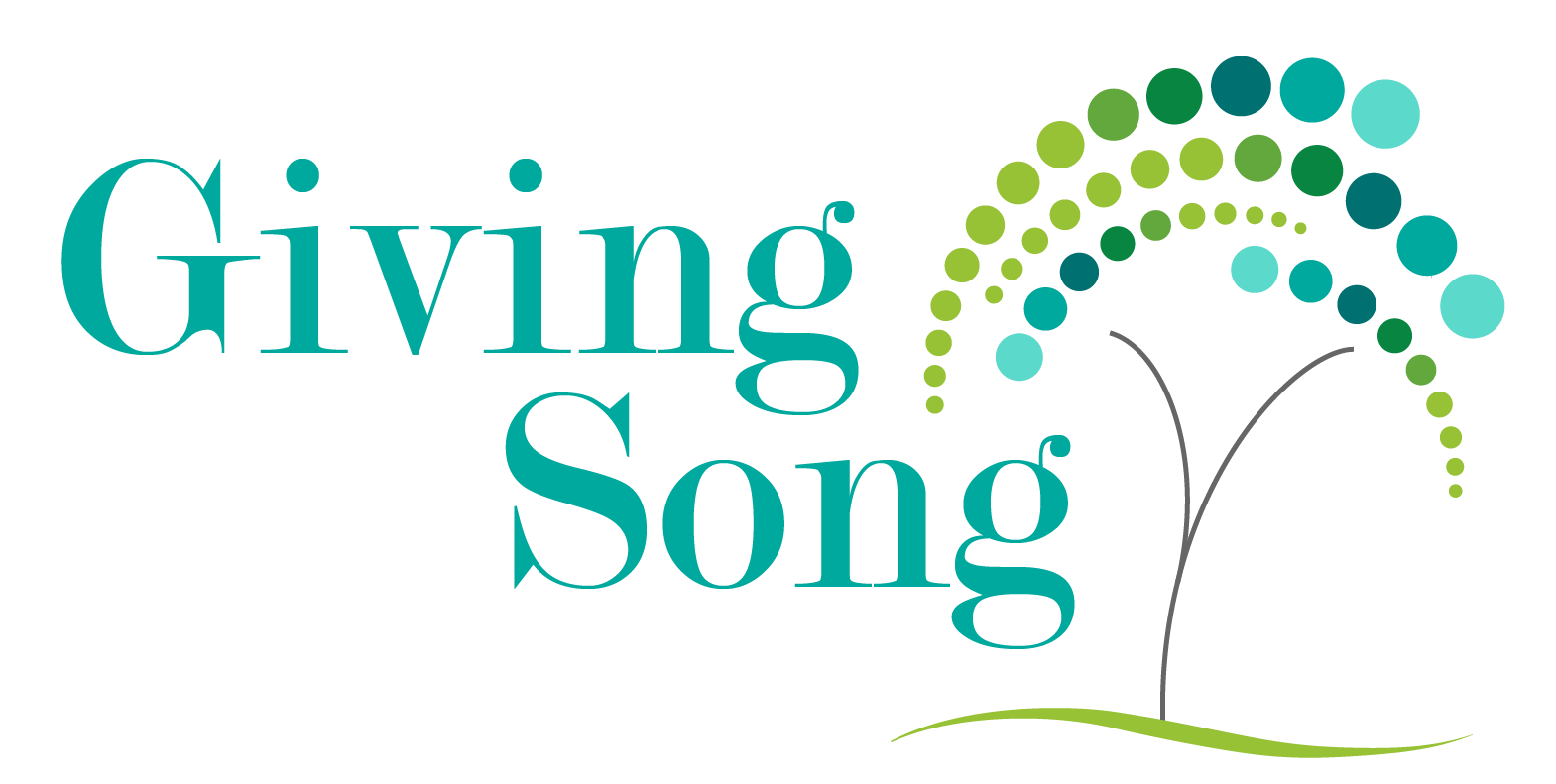Music therapists are prone to several mental health risk factors: as a helping professional, we are prone to compassion fatigue and burnout while doubling as professional musicians puts us at an increased risk of depression, anxiety and high rates of stress. New years are new beginnings and perhaps this is the year that you prioritize your mental health.
Read MoreMusic therapy is an effective form of treatment for many reasons. We’ve highlighted some of this across our podcast, but this is a big question to answer! Music therapy can be effective for a number of outcomes: mental health, rehabilitation, early childhood development, older adult care, hospice, pre, peri, and postnatal, trauma- The list goes on. If someone is motivated by music and has a therapeutic need, I would encourage them to have an assessment or consult with a music therapist. Each person and need is unique so seeking out a music therapist to help you identify ways that music therapy may be or may not be appropriate is the best thing to do. There is no prescriptive or one size fits all treatment. Speaking of which, there were several diagnoses that were searched for specifically quite a bit:
Read MoreI will leave you with a final quote from the authors “it is possible that these young people are more familiar and comfortable with chaos than we are as music therapists. It may then be counter-intuitive to attempt to eliminate chaos so that we can experience ordered, highly structured groups at odds with the environments to which young people return.”
Read MoreHow do you feel when someone gives you free music therapy intervention resources? I always feel excited and happy and inspired! All the big, wonderful feelings. Well that’s exactly what this episode is about. I’m going to be talking through a free intervention targeting Emotional Identification and Expression. I’m giving you the powerpoint visuals and the music and teaching you how it works- all of which has been written and developed by me, Ellisa Morris, MT-BC.
Read MoreWelcome back to the conversation today. We are talking about wellness. I think a good place to start is by sharing our background with wellness. How did it look? Did our families talk about wellness and did we even know what it was or what it meant?
Read MoreMy name is Ellisa and it feels so good to be back with you in a new year, new look, but the same amazing content. I have been working on a 3 part series called “Authenticity in Music”. I’m so passionate about this topic and I hope that by the end you will be too. Together, we’re going to be exploring what authenticity means when performing popular songs, how to be authentic with your instruments and voice and how to adapt to stay true to your abilities and the music. This is a topic that is important to me because I feel that it helps us advocate for our field. Good music speaks volumes! It helps us connect with our clients and understanding what authenticity means makes us grow as music therapists. That’s where I want to start part 1: What is Authenticity in Music?
Read MoreWe can and should probably assume that everyone we encounter has some level of trauma. That includes ourselves and others. From the research found by the CDC in the well known ACE (Adverse Childhood Experiences) study reported that 64% of those surveyed had at least one incidence of trauma. That is roughly 2/3rds of the general population had some experience of adverse childhood trauma (including, but not limited to, domestic violence, neglect, maltreament, divorce, abuse, and others. Why is this so important? Because these adverse experiences can impact the individual’s ability to function. It affects the rest of their life!
Read More






